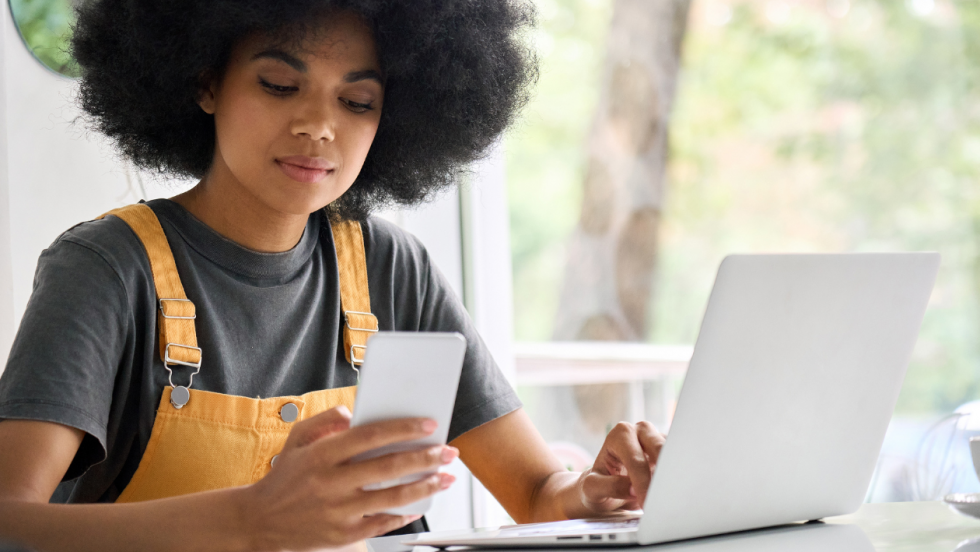Wishing you all the best with exams
Here at oxme, we would like to wish all the best to everyone sitting exams.
Remember to rest and take extra care of your wellbeing.

The internet is an important part of modern life, but it is also a place where there is risk.
This risk can come from:
There is lots of support to help with risks online.
Knowing when you can solve a problem yourself and when you need to ask for help is a skill for life.
Take Action: Childline have lots of useful information on staying safe online, including advice on spotting fake profiles and understanding people's online identities.
Some risks are very common, such as:
Some risks are more rare, but people use the internet so much they may still come across them. These include:
Take Action: You can find lots of information about staying safe online and where to get help from CEOP.
When children are learning to use the internet, they can make mistakes. This can expose themselves and their family to risk. Things that help include:
One of the problems that children report is most common risks is bad behavior between friends and strangers online, sometimes called cyberbullying.
Find out more: The Cyber Choices website has lots of interesting videos and resources around positive, legal cyber opportunities, illegal cyber activity and more.
This common risk can be still be very serious, and includes things like:
Most adults are very familiar with online scams and frauds. If anything has happened that you are worried about, the most important thing is to talk to a trusted adult.
Take action: Report scam emails to Action Fraud.
Viewing and sharing risky content online can be upsetting and even get you in trouble with the law. This includes things like:
Most kinds of upsetting content can be reported on the platform where you see it. Reporting helps keep everyone safe.
Find out more: There is specific support available for young people worried about sharing naked images online (sometimes called Nudes or Sexting), you can also speak to your school health nurse.
Lots of relationships start online. When you are getting to know someone online, you need to be aware of risks. Risks can also happen with people you know, or when a relationship ends or changes.
If this happens, you need to take action quickly. No matter how strange, difficult or embarrassing the situation is, don't delay.
If your own behaviour is causing you concern, help is available. Start by talking to your School Health Nurse.
Crucial: Sometimes people want to change their behaviour online, but find it hard to stop doing risky or harmful things online. Oxfordshire CAMHS has lots of self-help information to support young people trying to change their behaviour.